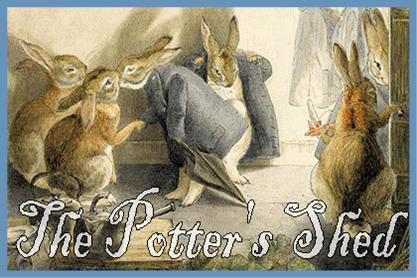Now, I don't like the disney-ization of fairy tales either, but these women were ready to strip all children's stories of anything that diverged from their political agenda. We'd be left with stories in which no children lose their mother. No children are in any danger. No ugly creatures are transformed by another's love. No princesses ever need rescue. No strangers ever offer a poisoned apple.
It would be safe, I suppose. But how anemic. How boring.
Fairy tales present opportunities for a child to confront some of their biggest fears, for example being small and helpless in the face of bad people. Once can see this most clearly in the persistent absence of mothers in fairy tales (only dead mothers and mean stepmothers). Is this not the epitome of vulnerability to a child? Fairy tales allow a child to enter into those deep fears, without them being too realistic for comfort, and imagine themselves triumphing by kindness, wit, bravery, and love.
I know this is not revolutionary thinking. JRR Tolkein has written about fairy tales. Bruno Bettelheim published The Uses of Enchantment: The Meaning and Importance of Fairy Tales. William J Bennett has compiled volumes of stories that display virtue. GK Chesterton commented on fairy tales in Orthodoxy. More recently, Vigen Guroian, a theologian, author, and professor of Religious Studies at Univ of Virginia, examined the importance of fairy tales in developing a child's "moral imagination."(a great essay, by the way)
I understand those ladies were just trying to do their best to provide their daughters with "strong role models." But I would remind them that generations of daughters were able to love fairy tales as children and still manage to grow up to be wise and good mothers, hard workers, and faithful leaders in so many aspects of their lives. There are more to those fairy tales than just princesses with beautiful dresses and long, flowing hair.






















